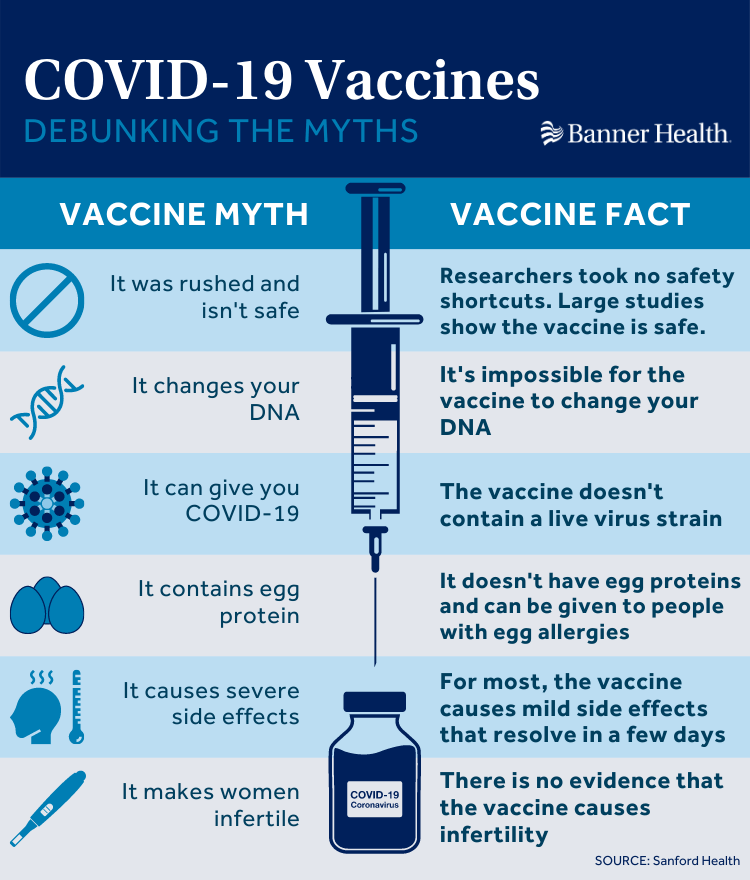Sciatic nerve pain that travels down from the lower back into the buttock and leg, commonly known as sciatica, can cause distressing symptoms, affecting the activities of daily life. When self-care and at-home remedies are ineffective, you may want to consider taking medications to relieve your sciatica symptoms.
If you’re overwhelmed by the myriad choices of pain-relieving medications, here’s a guide to help you understand which drugs work best to relieve sciatic nerve pain.
Over-the-counter medications for relieving sciatica pain
Several over-the-counter (OTC) medications may provide sciatica pain relief. If you have other medical conditions, such as stomach, heart, or kidney problems, it’s a good idea to consult with your doctor before taking any medication to reduce the risk of side effects.
Oral medications may reduce inflammation
Non-steroidal anti-inflammatory drugs (NSAIDs), such as ibuprofen and naproxen help reduce inflammation in the body, providing pain-relieving effects.1,2 If the OTC dosage does not improve your sciatica symptoms, check with your doctor if a prescription-strength is suitable for you.
NSAIDs are typically not recommended for patients with underlying medical conditions, such as chronic kidney disease.3 These drugs are known to irritate the tissues in the stomach, so they are always advised to be taken with food.
Topical medications may provide immediate, localized pain relief
Several ointments, gels, and creams can help relieve nerve pain by altering the blood flow, reducing inflammation, and creating a numbing effect. Common topical medications that may help relieve sciatica include preparations of4:
- Methyl salicylate
- Menthol
- Trolamine salicylate
- Capsaicin
- Camphor
- Cannabidiol (CBD)
Since topical medications act locally, they may provide immediate pain relief. Some preparations may cause skin irritation, so trying out a small amount initially is recommended.
See Understanding CBD (Cannabidiol) for Back Pain
Medicated patches may provide extended pain relief
Adhesive patches containing lidocaine, a local anesthetic medication, can be worn inside your clothing and may provide a continuous numbing effect, reducing sciatica pain.
Tips to use topical medication to relieve sciatica pain
Sciatica pain originates in your lower spine and travels down your sciatic nerve into your thigh and leg.
- When you use topical medication, apply the cream/gel or lidocaine patch to your rear pelvis—where your sciatic nerve roots are located.
- Treating this area, rather than your thigh or calf where the pain may be more, will help control and numb the pain at its origin and also calm the nearby nerves.
When you experience pain relief after using topical medication, try to perform simple lower back stretches. Stretches and targeted exercises can help prevent sciatica from recurring, by relieving the sciatic nerve compression, strengthening your tissues, and improving the flexibility in your lower back.
Prescription medications for sciatica pain relief
If OTC medications do not provide relief from your sciatica symptoms, talk to your doctor about prescription medications.
- They may be prescribed for a short period (2 to 6 weeks) when OTC medications fail and before more invasive treatments, such as epidural steroid injections, are tried.
- The use of these medications may be considered controversial among some doctors due to their potential side effects or lack of proven effectiveness.
The dosage is monitored and controlled depending on the type of drug used and the severity of symptoms.
Muscle relaxants may reduce back pain and stiffness in acute sciatica
Muscle relaxants, such as cyclobenzaprine, relax tight, tense muscles, and reduce spasms. Muscle spasms may develop as a result of the underlying medical condition that causes sciatica, such as a disc problem or inflammation of the lumbar and/or pelvic muscles. These drugs may help relieve back stiffness that results from muscle spasms and may be more beneficial in treating acute sciatica.
See Muscle Relaxants: List of Common Muscle Relaxers
Due to their potential side effects and the risk of abuse and dependency, these drugs are used with caution and may not be suitable for people with liver, kidney, and/or heart problems.
Oral steroids may reduce sciatic nerve root inflammation
Oral steroids, such as methylprednisolone and prednisone help reduce inflammation. Doctors may prescribe oral steroids to treat acute sciatica due to an inflamed spinal nerve root.5 Steroids are generally prescribed for short bursts of therapy.



